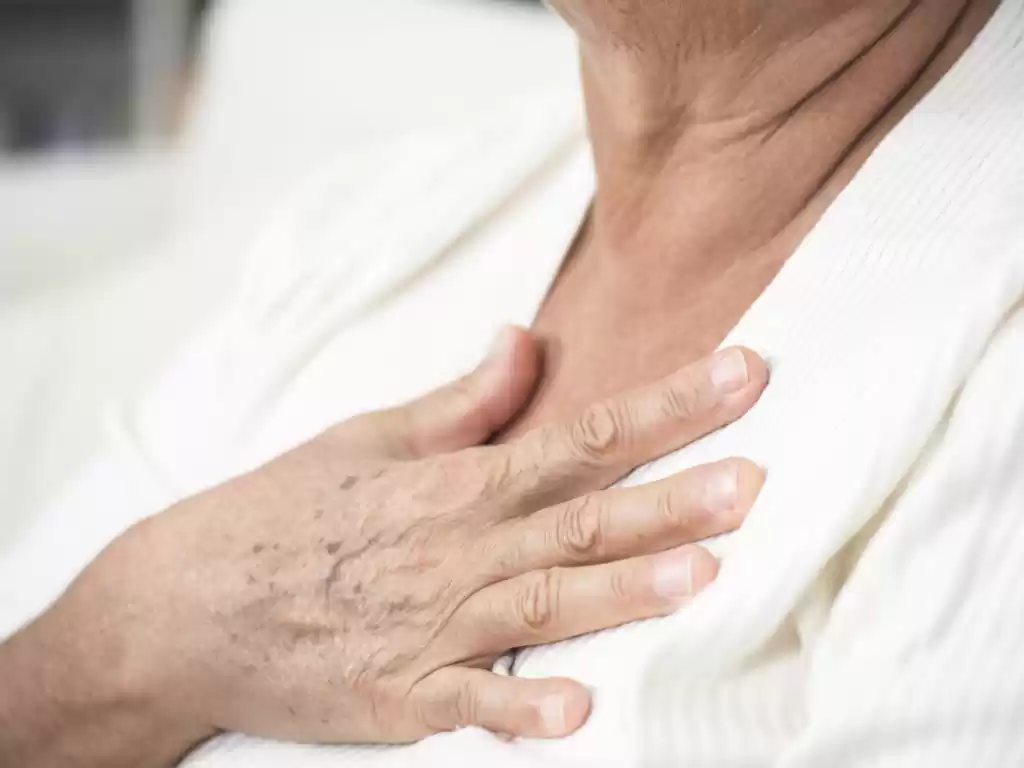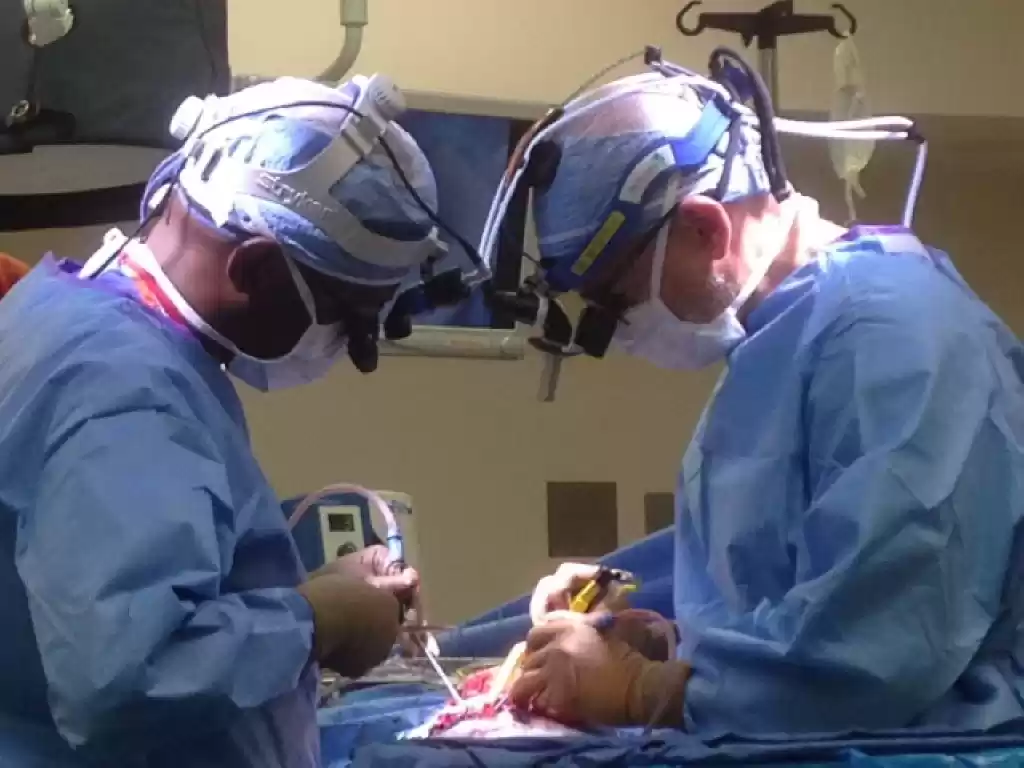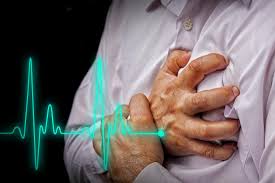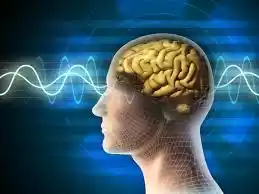Everyone wants to live a healthier, disease-free life with no inconvenience related to health. But when people are asked about what they do to take care of their health, not all have good answers to that. There are common health problems related to human heart which in itself is no less than a source of life, pumping blood to all our body parts. Directly or indirectly, there are habits we follow in our lives that significantly impact our heart, making it weaker with time.
This is especially evident in regions of Punjab, including Ludhiana. If you would ever visited one of the cardiology hospitals in Ludhiana, your doctors must have advised to take care of your heart in ways other than just taking the recommended medicines. Changing your habits and lifestyle as per your health conditions is simply one of the best ways to ensure good health.
 Here are three simple tips you should follow to care for your heart and maintain a heart-healthy lifestyle:
Here are three simple tips you should follow to care for your heart and maintain a heart-healthy lifestyle:
1. Increase Your Physical Activity Level
Read More
Classified as a kind of cosmetic surgery, liposuction surgery or lipoplasty is primarily involved with the surgical removal of fat from the body. This treatment procedure helps control multiple conditions arising from obesity. Some of these conditions and their subsequent affects are –

Condition | Affects |
Lymphedema | Excess fluid retention in tissues resulting in swelling |
Gynecomastia | Fat accumulation under the breast tissues of men |
Lipodystrophy syndrome | Imbalance of body fat due to fat accumulation in one body region and subsequent loss in other |
Lipomas | Benign fatty tumor formations in assorted body regions |
The surgery procedure
Liposuction requires a skilled and methodical approach. It is usually conducted on the patient by a highly skilled surgeon. Here is a brief overview of the surgery process –
1. Administering sedatives
Before the operation is conducted, sedative and anesthetic drugs are administered to the patient in order to make him or her inert during the operation procedure. Sometimes,
Also referred to brain surgery, neurosurgery is a branch of medical treatments that concerns with surgical treatment of disorders pertaining to the nervous system, brain, spinal cord, and the peripheral nerves.

Neurosurgical methods
For effective treatment, neurosurgery employs many different techniques and procedures to help combat the ailment. Some of the primary neurosurgical procedures are –
Conventional open surgery – In this, a large hole is created on the skull to access the patient’s brain through it, and then operate on it.
Microsurgery – In this surgery, the neurosurgeon operates on thin nerve fibers with the aid of an operating microscope.
Stereotaxy - The surgeon uses optical imagery to create a 3-D image of a minute part of the brain, and then uses it as guidance to operate. A minimal incision is required in this procedure.
Endovascular Neurosurgery – Using catheter tubes and radiological treatments, the surgeon treats conditions in the brain and the central nervous system.
Read More
Ear, nose, and throat are important organs of human body visibly exposed to the external environment, which is why they demand extra care to stay protected from allergies due to fungal infections and bacteria. Some of the common diseases or problems which affect the ear, nose and throat are listed below:
Allergic Problems:
1. Allergic Rhinitis :-
Allergic rhinitis is caused when some allergy-causing substance comes into contact with the nose, ears, eyes, sinuses, and throat. These allergy-causing substances are known as allergens. Some of the common examples include pollens, moulds, dust, animal dander and many more. The common signs and symptoms include watery eyes, itchy or runny nose, nasal and head congestion, lethargy, gut itchy throat, sneezing, postnasal drainage, itchiness and fatigue.
In case any of these symptoms are noticed, the person should seek immediate medication and consider visiting ENT specialist in Delhi or any other city.
Ear Related Problems
2. Outer ear infections:
It

In rare circumstances, some children are born with a heart defect or disease which, if not treated properly, can prove to be fatal. These are called Critical Congenital Heart Disease (CCHD), and they are of the following types:
1.) Aortic Valve Stenosis
It is an uncommon but serious heart defect which makes up for 5% of congenital heart disease. When aortic valve, the valve which controls the flow of blood from the left ventricle to aorta, is narrowed, this condition is called Aortic Valve Stenosis. This lowers the amount of oxygen-rich blood flowing from the heart to other organs of the body and, thus, heart muscles thicken because they have to work harder to pump blood.
2.) Coarctation of Aorta
Coarctation of Aorta (CoAo) is when the Aorta itself is narrowed and less blood flows through it. This can occur either by itself or in combination with other heart defects. The most common heart defect that occurs with CoA is patent ductus arteriosus or ventricular septal defect.
3.) Patent
The human brain is one of the most important parts of the body. It controls every aspect of the body, from nervous impulses, to stress and strain, to thoughts to body movement and motor functions, to breathing. This is why; protecting the brain from any damage is important for smooth functioning of body. And even in case of any brain related concerns always look for immediate diagnosis and best treatment.

Various disorders that may develop in the brain
Whether due to an injury or due to a genetic disorder, or cause of an infectious disease, brain disorders are likely to form in the body for various reasons. These disorders are known to adversely affect the entire nervous system and cause a number of disabilities and crippling effects. Some of them include –
- Hematoma
- Cerebral Contusion
- Cerebral edema
- Body or regional paralysis
- Stroke
- Seizure
- Alzheimer
- Parkinson’s disease
- Huntington’s disease
- Dystonia
- Spasticity
- Hemorrhage
Non-surgical and surgical treatments for brain disorders
The brain is


